'Here & Now' Highlights: Dr. Dipesh Navsaria, Beth Swedeen, Eric Genrich, Moniquie Minkens
Here's what guests on the Oct. 17, 2025 episode said about federal funding cuts affecting food assistance and special education, an affordable housing project in Green Bay and a record number of domestic violence deaths in Wisconsin.
By Frederica Freyberg | Here & Now
October 20, 2025
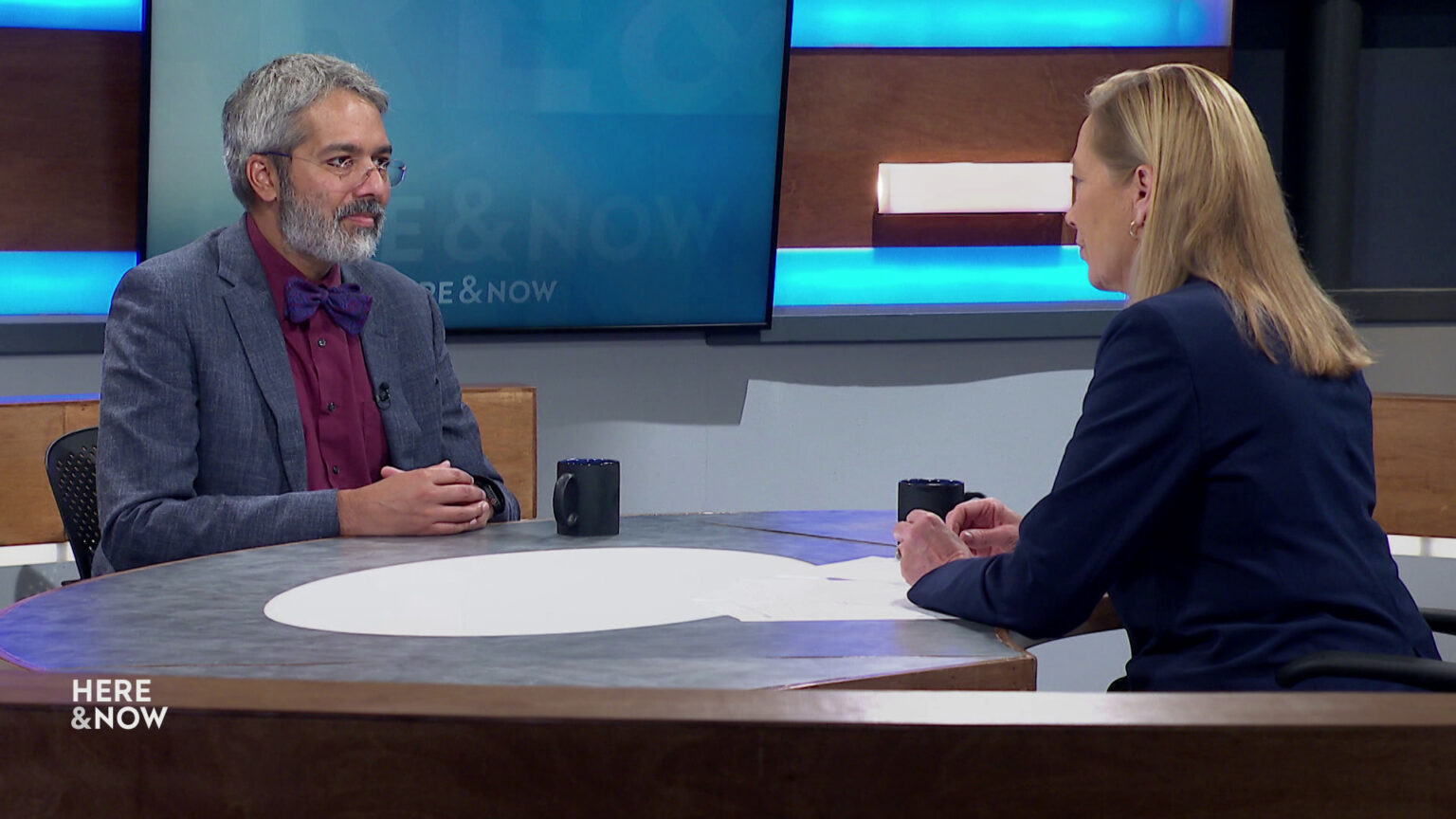
Frederica Freyberg and Dr. Dipesh Navsaria (Credit: PBS Wisconsin)
With the federal government shut down, food assistance in Wisconsin is set to run out of money — Dr. Dipesh Navsaria said this support is critical for the health of children and their families. Funding cuts to the U.S. Department of Education threaten to dismantle the office that provides oversight of special education, and Beth Swedeen of the Wisconsin Board for People with Developmental Disabilities describes its implications. Green Bay Mayor Eric Genrich said a new community land trust program in his city is designed to provide a new option for more affordable home ownership. Domestic violence homicides in the state hit a record number in 2024 —- Monique Minkens of End Abuse Wisconsin considers what’s contributing to this increase.
Dr. Dipesh Navsaria
Policy chair, Wisconsin Chapter of the American Academy of Pediatrics
- The ongoing federal government shutdown is increasingly being felt at the state level, with funding running out for the Supplemental Nutrition Assistance Program, which is distributed as FoodShare in Wisconsin. If funding isn’t restored, the state won’t be able to pay for the full benefits in November. About 700,000 people are served by FoodShare in Wisconsin, with an average monthly benefit of about $160. Navsaria said that allotment is by design supplemental, but a lifeline.
- Navsaria: “It’s something that’s absolutely critical to families. I mean — to put it simply, right — hungry family members is just not a good thing. It’s not good for adults, it’s not for children, and having adequate nutrition is important for everything else we do in our lives. Learning, working, enjoying time with one another, all of these things are much harder to do if you don’t have adequate nutrition.”
Beth Swedeen
Executive Director, Wisconsin Board for People with Development Disabilities
- In the midst of the federal government shutdown, the Trump administration laid off more than 450 employees in the U.S. Department of Education’s Office of Special Education and Rehabilitative Services. The office oversees special education programs and ensures states comply with the Individuals with Disabilities Education Act. It’s is a federal law that guarantees public special education services to more than 7 million children and young adults nationwide, including about 130,000 people in Wisconsin. Advocates have deep concerns about maintaining the office, even though a federal judge temporarily halted mass layoffs. Swedeen described what it was like for students before the Disabilities Education Act became law 50 years ago. In the midst of the federal government shutdown, the Trump admi
- Swedeen: “Those students weren’t students. So, before 1975, if you had a significant disability, or even if you had no developmental disability but like a physical disability, a school district did not have to serve you. We know almost all students were either at home with their families, or unfortunately in institutions, because medical doctors were saying, ‘There’s really nothing, no future for your child, why don’t you just go to a state institution?’ Around 50, 60 years ago, some families with a little more vision and kind of a can-do attitude did start their own schools, often in church basements. But there were no protections in place, and students who really had so much potential never saw that because they couldn’t even enter the door of a school.”
Mayor Eric Genrich
Mayor, City of Green Bay
- In Wisconsin, as elsewhere, home prices have far outpaced people’s incomes, often putting home ownership out of reach. An approach known as a community land trust is one method being pursued to help people buy homes more affordably. The way they work is that a buyer gets a mortgage for the structure only, and then leases the land under it from a nonprofit group. Prices are much lower due to the nonprofit’s involvement and the stock of affordable houses is maintained, because when people go to sell, increasing property costs driven by rising land value is suppressed but not eliminated – making the next round of buyers able to afford them. Genrich said the first houses in the Green Bay Housing Partnership, which plans to include single- and multi-family homes, should be under construction in 2026.
- Genrich: “Home ownership is still really a dream for many people, and it’s a great way to set aside some wealth for yourselves and for your families down the line. In the land trust model, it’s kind of modestly controlled, but it’s still great, to develop a nest egg for yourselves and for your children and grandchildren. And that’s something that we want to encourage.”
Monique Minkens
Executive Director, End Domestic Abuse Wisconsin
- End Domestic Abuse Wisconsin issued an annual report detailing cases of domestic violence homicides in Wisconsin that shows 2024 set a record with 110 deaths, up from 85 the prior year. The deaths were split geographically, with 60% occurring in urban areas and 40% in rural locales. In 2025, services for victims of domestic violence, including prevention, have been sharply reduced with a 70% decline in federal funding, falling from $44.5 million to $13 million. The funds have been bolstered by state dollars, but Minkens said not enough to offset the loss. She described factors that are contributing to an increase in domestic violence.
- Minkens: “Food prices are rising. Prices are rising in general. Unemployment is rising. That causes a lot of stress in the family, and so that can be a cause of the rise. Sometimes it’s also the fact that programs are underfunded, and we are trying to serve as many people as we can. Sometimes there are wait lists, or people decide not to pursue the services. So, it’s a matter of access to services as well as economics that play an important role in why these numbers are rising. This is the worst yet.”
Watch new episodes of Here & Now at 7:30 p.m. on Fridays.
 Passport
Passport




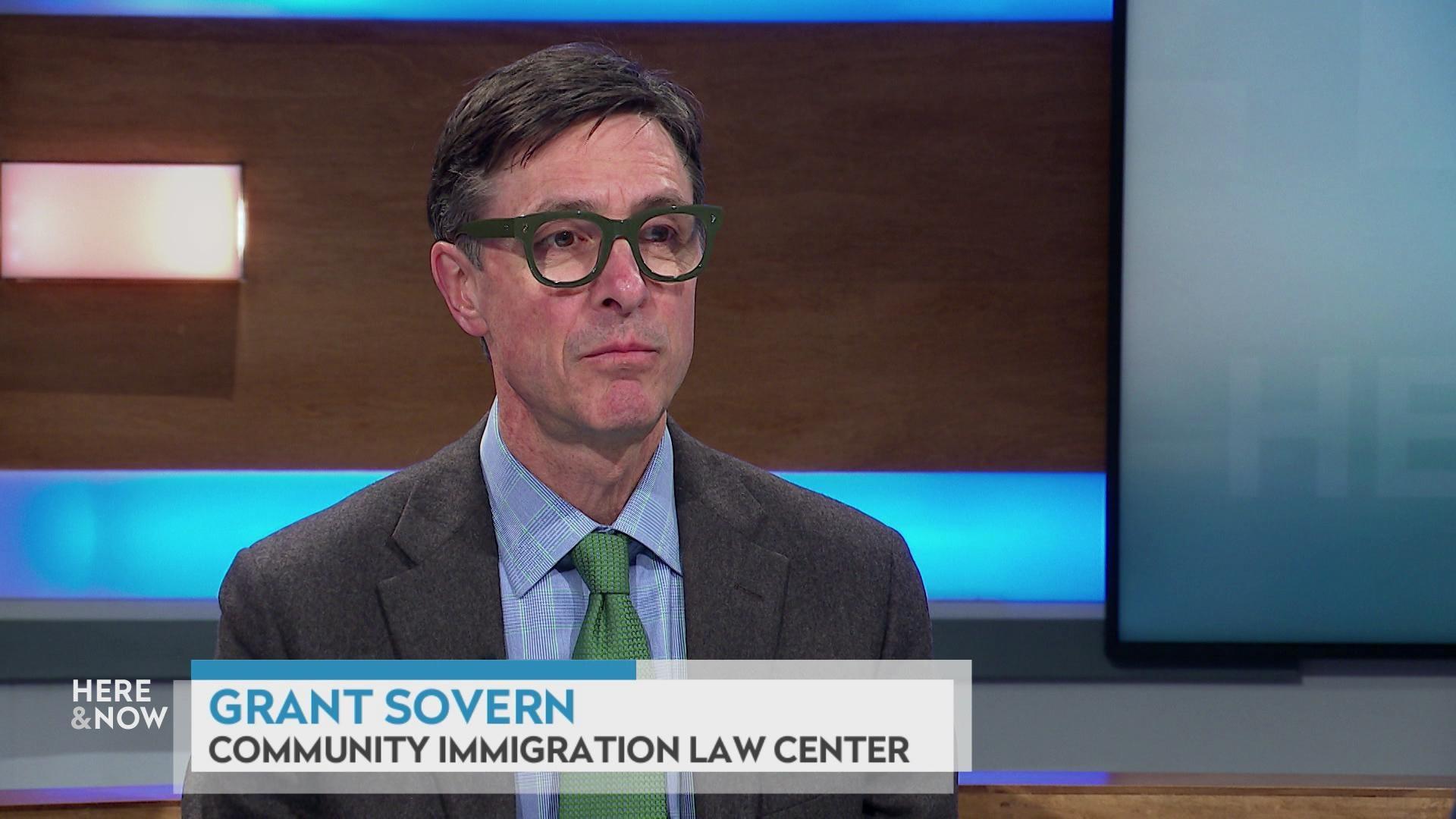
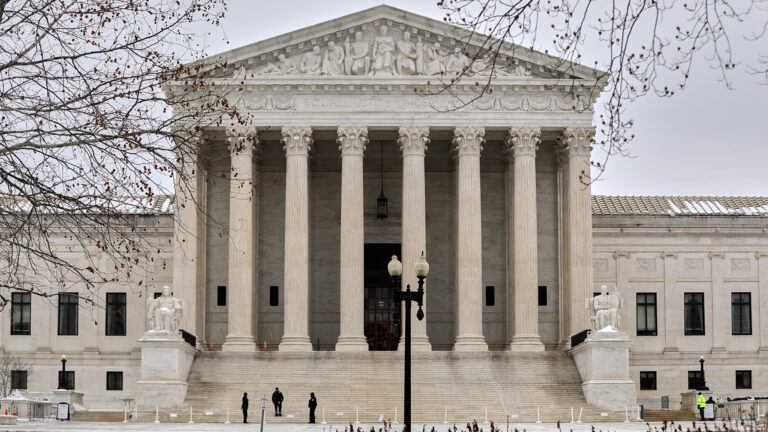
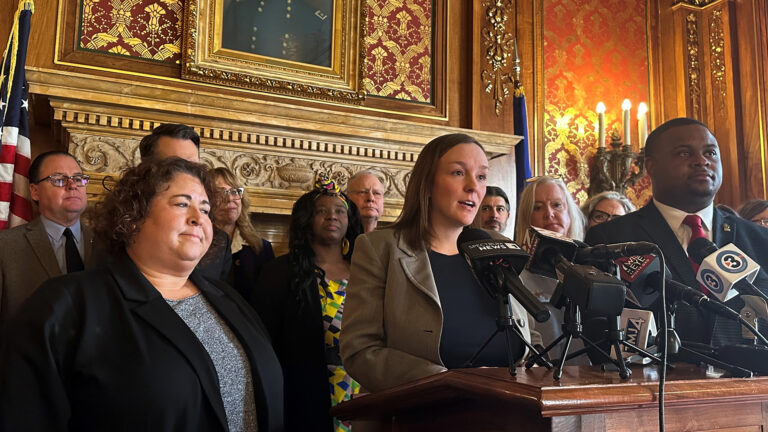
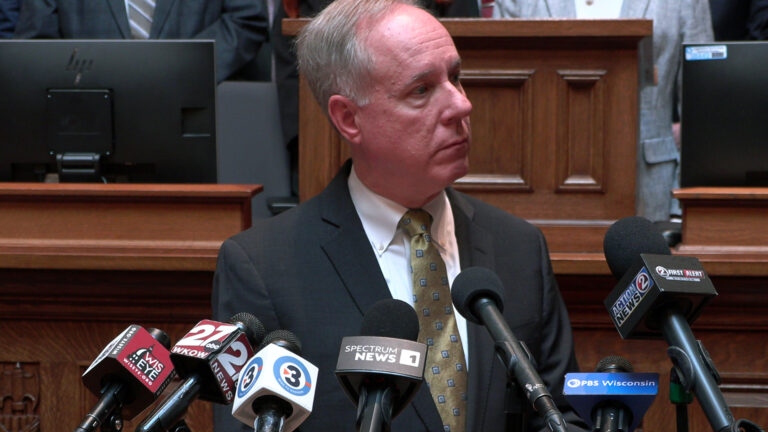



Follow Us